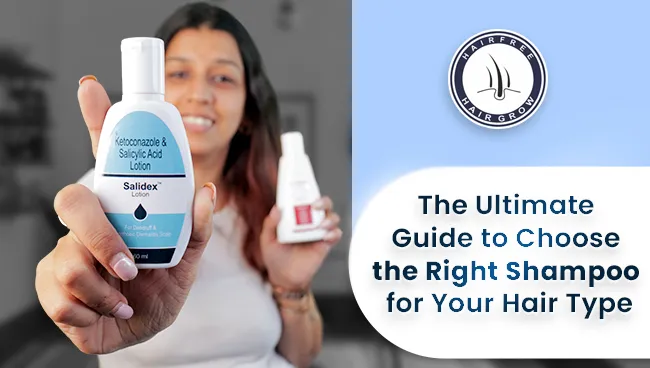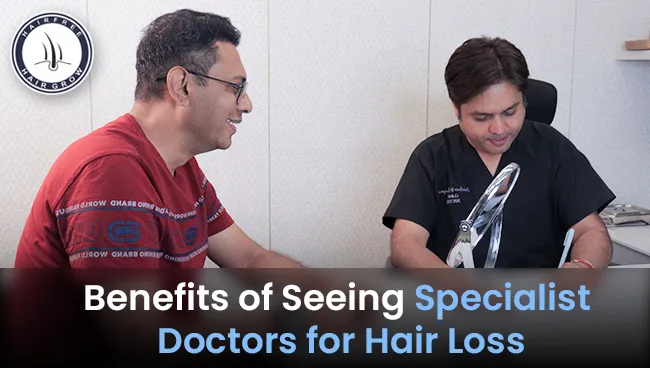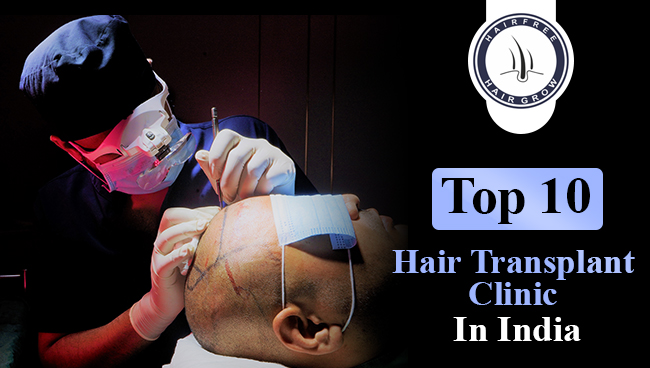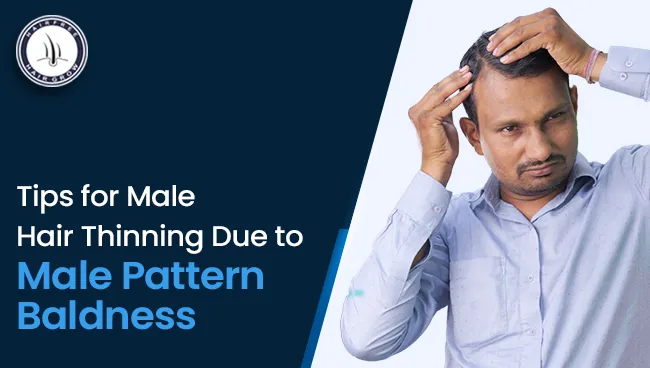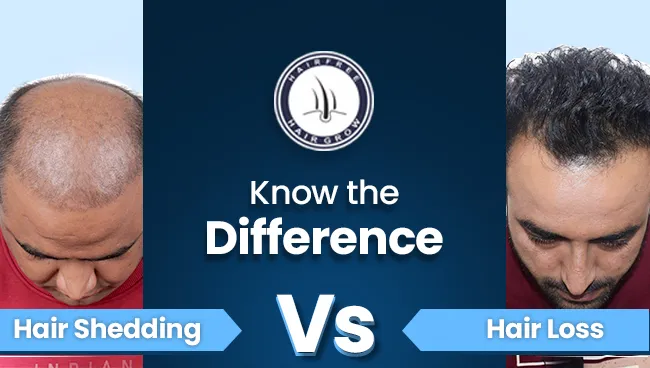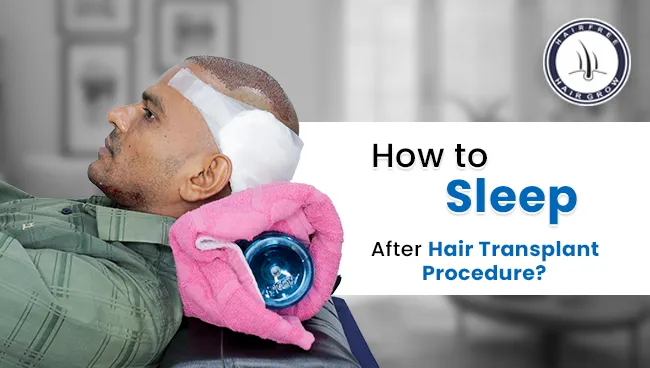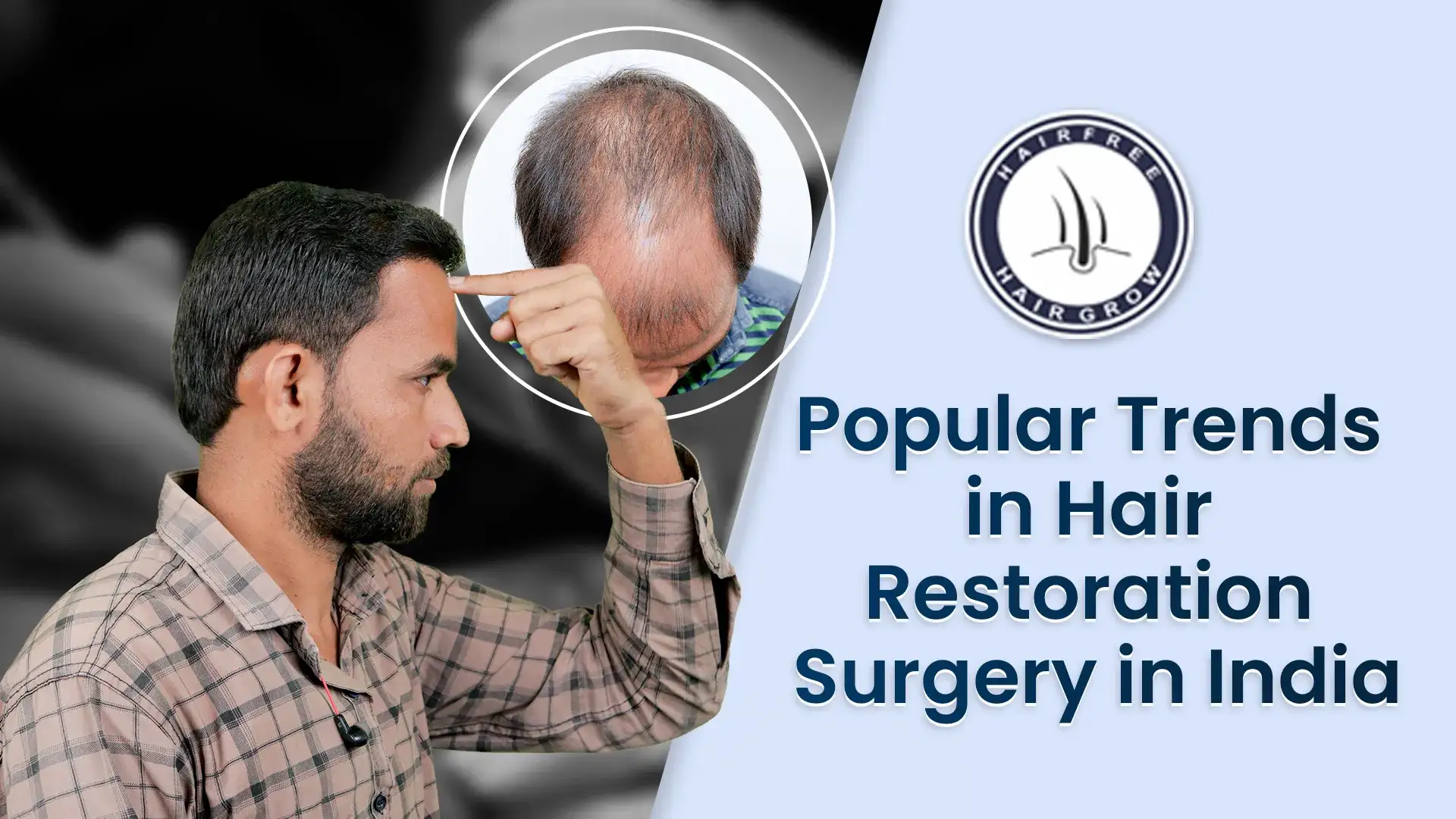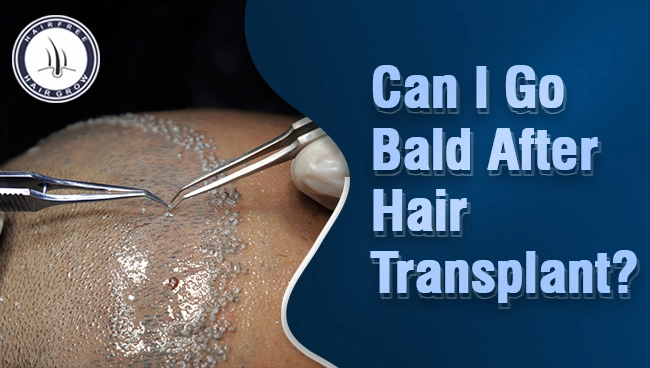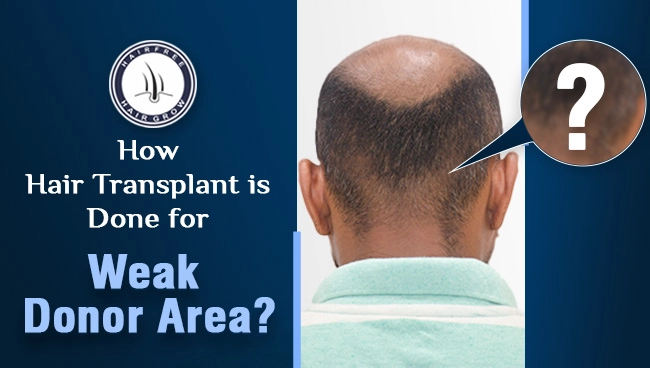Are you a passionate swimmer who loves to dive into the refreshing pool waters regularly? While swimming is an excellent way to stay fit and enjoy the outdoors, it’s essential to protect your hair from the harmful effects of chlorine. If you’ve ever wondered how to keep your locks healthy and vibrant despite frequent pool sessions, you’ve come to the right place. In this article, we’ll unveil the most effective hair care tips for swimmers, ensuring your hair remains lustrous and damage-free even after countless laps in the pool.
In this article, we’ll explore the most efficient ways to shield your hair from chlorine damage. From pre-swim treatments to post-swim care routines, we have you covered with expert advice that guarantees results.
How Does Chlorine Damage Your Hair?
Chlorine, with its detrimental effects, can wreak havoc on your precious locks. Its presence in chlorinated water can leave your hair feeling dry and weak, leading to breakage. While the chlorine content in regular tap water is typically not a concern during routine showers, the elevated levels found in pools can pose a significant threat to your hair and skin, particularly with frequent exposure.
The Effects Of Chlorine On Your Hair
The chlorine present in swimming pools serves a vital purpose in eliminating bacteria. However, if you’re an avid pool swimmer, it can inflict severe damage on your otherwise healthy hair. Chlorine acts as a stripping agent, removing the natural oils, known as sebum, that your body produces to safeguard your hair. This not only irritates your skin and scalp but also induces the following undesirable effects on your hair:
- Cracking and Splitting: Chlorine can cause your hair strands to become brittle, resulting in cracks and splits along their length.
- Stripping of Natural Moisture: The presence of chlorine strips away the moisture that is essential for maintaining your hair’s natural vitality and luster.
- Alteration of Natural or Dyed Hair Color: The chemical properties of chlorine can lead to a change in the hue of your hair, whether it’s your natural color or a shade achieved through dyeing.
- Weakening and Split Ends: Prolonged exposure to chlorine weakens your hair, making it more prone to developing split ends.
It is worth noting that occasional swimmers may not witness the immediate effects of chlorinated water on their hair. For instance, taking a dip in the pool once a year during a vacation is unlikely to have a significant impact on your hair’s overall health. However, regardless of the frequency of your pool visits, certain hair types are inherently more susceptible to chlorine-induced damage than others. These include individuals with:
How Do Swimmers keep Their Hair Healthy?
Whether you enjoy regular or daily swimming sessions, it is crucial to be aware of effective measures to safeguard your hair from chlorine damage, irrespective of your natural hair color or type. By adopting the appropriate precautions, you can enjoy the pool without compromising the health and appearance of your precious tresses.
Pre-Swim Preparation
Before you jump into the pool, it’s crucial to prepare your hair to minimize chlorine damage. Start by wetting your hair thoroughly with fresh water. This initial step helps to limit the amount of chlorine your hair can absorb. You can also apply a small amount of conditioner or hair oil to create a protective barrier.
Wetting Your Hair Before Swimming
Wetting your hair with fresh water before entering the pool is an essential step in preventing chlorine damage. By saturating your hair with clean water, you reduce its ability to absorb chlorinated water. Remember to focus on the lengths and ends of your hair, as these are the most vulnerable areas.
Applying a Protective Hair Oil
Another effective way to safeguard your hair from chlorine damage is by applying a protective hair oil before swimming. Coconut oil, olive oil, or argan oil are excellent choices as they form a barrier that helps repel chlorine. Apply a small amount of oil evenly throughout your hair, paying particular attention to the ends.
Wearing a Swim Cap
One of the most effective ways to protect your hair while swimming is by wearing a swim cap. A swim cap creates a barrier between your hair and the pool water, reducing the amount of chlorine your hair comes into contact with. Make sure to choose a well-fitting, high-quality swim cap that covers your entire hair.
Rinsing Your Hair Immediately
After you finish swimming, it’s crucial to rinse your hair immediately. Use fresh water to wash away any residual chlorine from your hair. Gently massage your scalp and run your fingers through your hair to ensure thorough rinsing.
Using a Clarifying Shampoo
In addition to rinsing, using a clarifying shampoo once or twice a week is highly beneficial for swimmers. A clarifying shampoo helps remove chlorine buildup and other impurities from your hair. Look for a shampoo specifically designed for swimmers that is gentle yet effective in removing chlorine.
Deep Conditioning Treatment
To restore moisture and nourish your hair after exposure to chlorine, indulge in a deep conditioning treatment regularly. Opt for a deep conditioner that is rich in hydrating ingredients such as shea butter, jojoba oil, or avocado oil. Apply the conditioner to your hair, focusing on the ends, and leave it on for the recommended time before rinsing thoroughly.
Post-Swim Hair Care Routine
Establishing a post-swim hair care routine is essential for swimmers. After rinsing your hair, gently towel-dry it to remove excess moisture. Avoid rubbing vigorously as it can cause breakage. Apply a leave-in conditioner or hair serum to protect your hair and keep it hydrated throughout the day.
Avoiding Excessive Heat Styling
Excessive heat styling can further damage chlorine-exposed hair. Minimize the use of hair dryers, straighteners, and curling irons, as they can strip your hair of moisture and lead to increased brittleness. Whenever possible, allow your hair to air dry naturally.
Hydrating Your Hair from Within
Healthy hair starts from within. Ensure you drink an adequate amount of water daily to keep your hair and body hydrated. A well-hydrated scalp produces healthier hair, making it more resilient against chlorine damage.
Natural Remedies for Hair Repair
If your hair has already suffered from chlorine damage, you can try natural remedies to repair and restore its health. Rinsing your hair with apple cider vinegar helps remove chlorine buildup and restores the pH balance of your scalp. Additionally, applying a hair mask made from mashed avocado, honey, and olive oil can deeply moisturize and nourish your hair.
Importance of Regular Trims
Regular trims are crucial for maintaining healthy hair, especially for swimmers. Chlorine damage can lead to split ends and breakage. By getting regular trims, you remove damaged hair and promote healthy hair growth.
Conclusion
Swimming is a refreshing and enjoyable activity, but it’s important to take care of your hair to prevent chlorine damage. By following the hair care tips outlined in this article, you can protect your hair from the harmful effects of chlorine. Remember to wet your hair before swimming, apply a protective hair oil, wear a swim cap, rinse your hair immediately after swimming, and use a clarifying shampoo regularly. Additionally, adopting a post-swim hair care routine and avoiding excessive heat styling will help maintain your hair’s health and vitality.
Written By
MD (Skin & VD)
Dr. Kiran Chotaliya’s commitment to continuous learning and staying at forefront of advancements in hair transplant techniques and hair restoration sets them apart as a true industry leader.
Disclaimer
We’ve made all possible efforts to ensure that the information provided here is accurate, up-to-date and complete, however, it should not be treated as a substitute for professional medical advice, diagnosis or treatment. See Detailed Disclaimers Here.


